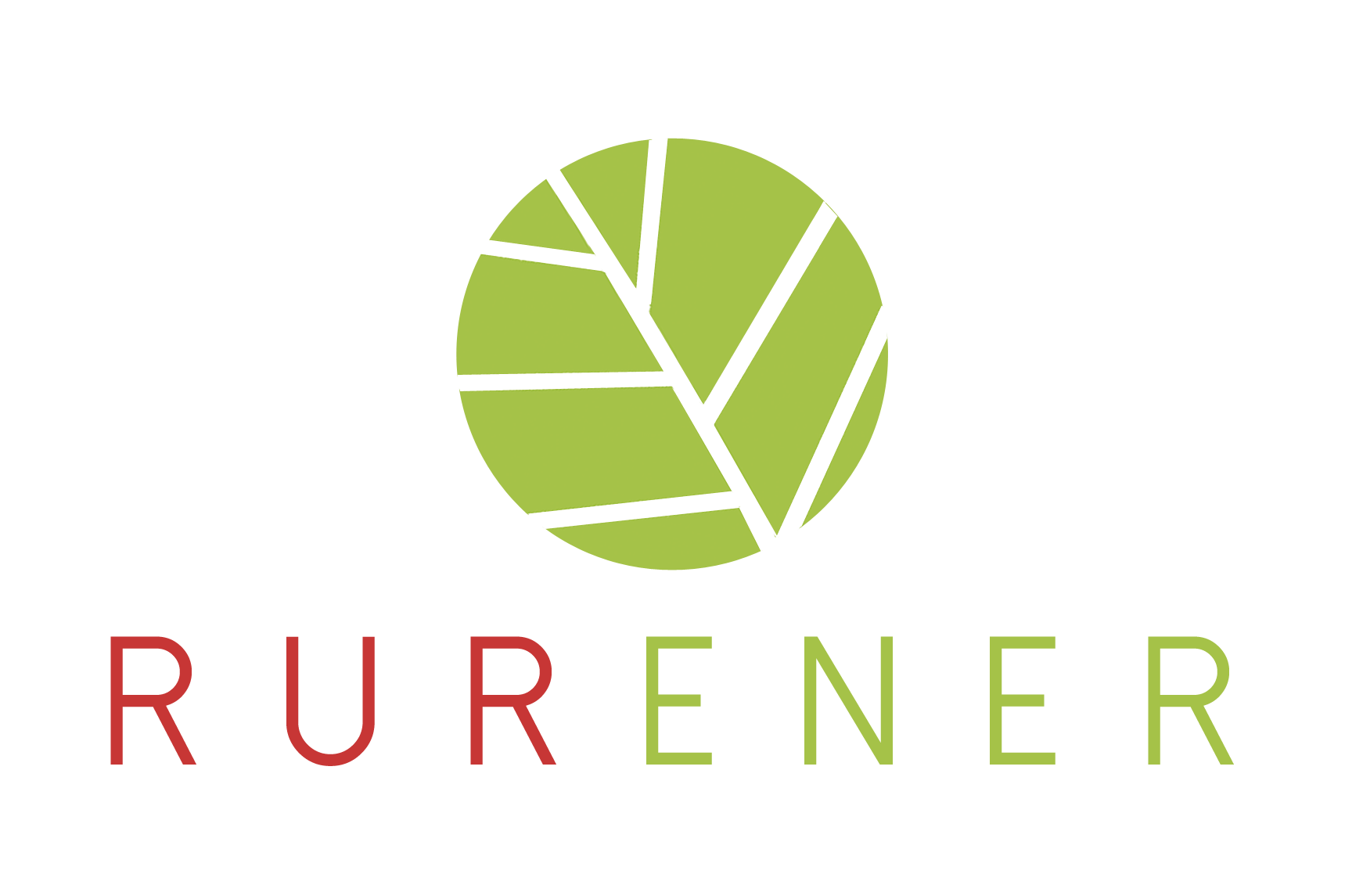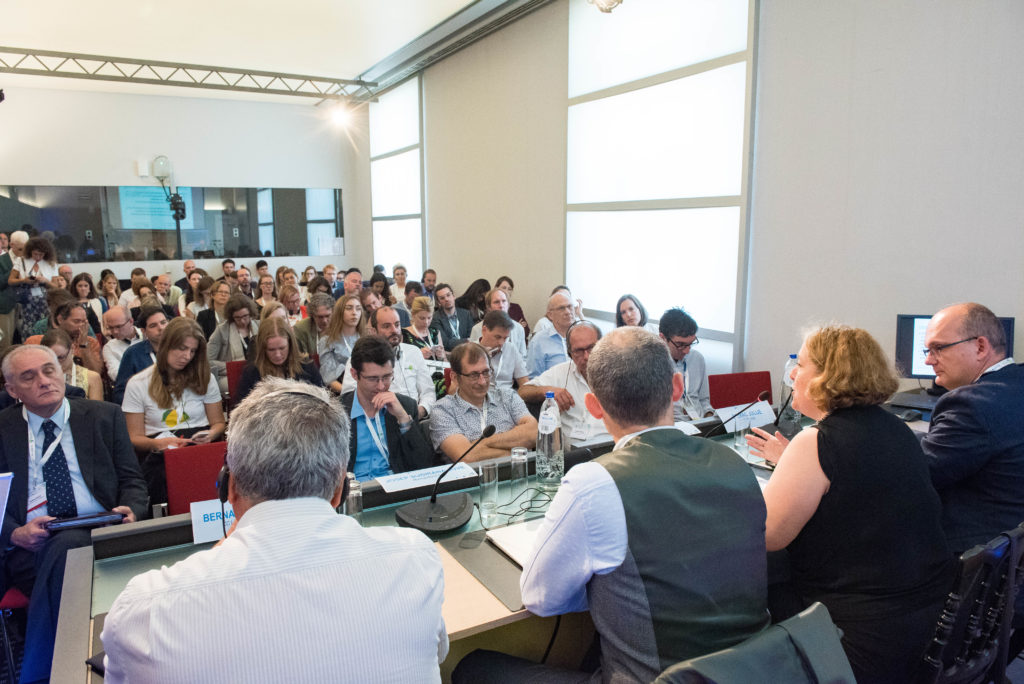“How to break down barriers between local action and European policies?” That was the main topic of RURENER’s session at the European Sustainable Energy Week that took place in Brussels from June 4th to June 8th. It was a great honor for the RURENER team to lead this panel as around 100 people came there to listen and interact with the speakers on how to combine top-down and bottom-up approaches regarding rural energy. Most people attended the conference to get inspired by local insights or to lean about EU opportunities and programs and were working at the regional level or at the EU level.
We co-organized the session with:
- Josep Subirana, Councilor for the environment and quality of life in the Municipality of Avià in Catalunya. Josep works at the very local level of the village with public and private sectors, but he is also trying to share Avià’s successes with other villages around to invite them to have a similar approach and to take action for the climate. (PPT link)
- Patrizia Nazio, Project Manager of the CESBA Alps Project for the Region Piemonte in Italy. The CESBA-Alps project seeks to develop a shared approach of monitoring-evaluation of impact on the built environment in the Alpine Space region. (PPT link)
To enrich the discussion, we had the pleasure to invite:
- Bernard Chaverot, President for the Energy Transition Commission in the Association of Communities Les Monts du Lyonnais in France. (PPT link)
- Julije Domac, President of the FEDARENE (European Federation of Agencies and Regions for Energy and the Environment). Julije is an expert in renewable energy and energy efficiency at the international level, and has worked for the World Bank, the Food and Agriculture Organization, and the International Energy Agency. (PPT link)
We started our reasoning by facing that rural territories are resilient when it comes to facing local challenges and adapting to a changing environment through the development of innovative local solutions. However, these territories often have access to small means from the EU, either because the European tools are not adapted to rural areas, or because rural stakeholders are not aware of the existence of these tools. On the other hand, European institutions are asking for feedbacks from these territories to build future policies and allocate the budget. It is a two-ways dialogue that is difficult to settle while both approaches, bottom-up and top-down are sharing common goals. This connection is a real challenge that would benefit to both sides, that are currently suffering from a deteriorated trust in the EU institutions for rural territories, and a limited impact of European policies in these territories.
We asked to the audience what was the first word that came to their mind while thinking about “Local action” and the results were quite interesting. They wrote “engagement”, “empowerment”, “community” or “citizens”. We did the same for “The EU” and the results were “peace” or “together”. This gives a great insight on how people perceive the power of acting at a local level, by connecting human beings and believing in community.
The main barriers that were identified during the session were: political barriers, administrative complexity at the EU or national level, economic barriers, or a mutual misunderstanding of scales. EU institutions need to work on that, as well as state members to accelerate the energy transition and reach the 2030 and 2050 goals. This discussion was very refreshing and has proved us that we are evolving in the right direction by being the voice of rural European communities in the fight against climate change.
We would like to give a big THANK YOU to everyone that attended the session, but also to our speakers that did such a great job at debating on those subjects and answering the questions of the audience. Thank you to the European Commission for organizing the EUSEW 2018 and welcoming us in the wonderful Residence Palace.
See our report : Click here
Lisez notre rapport : Cliquer ici
See you next year EUSEW!

